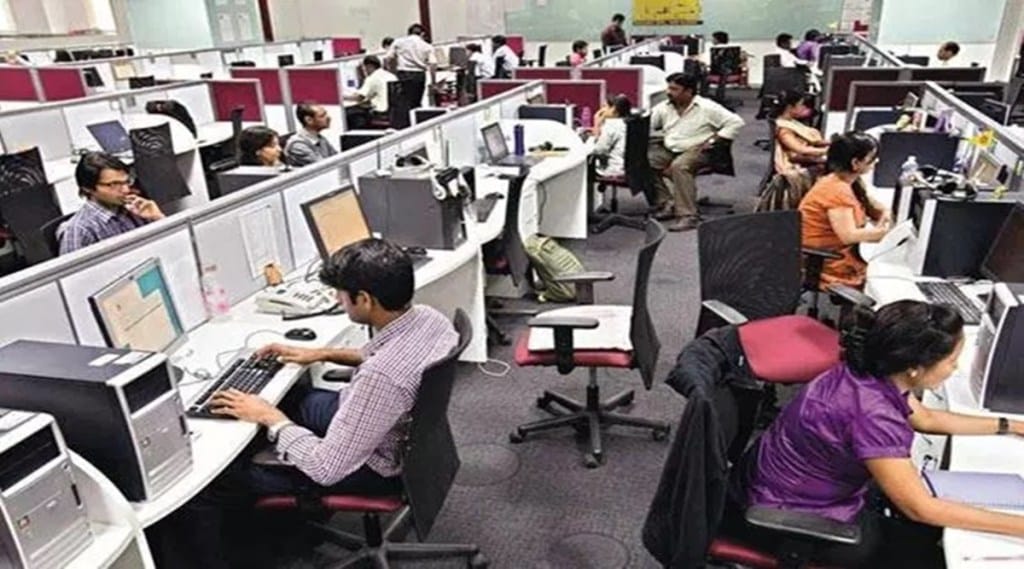Aligning individual goals to organisational purpose has become critical in a hybrid world, however, a large proportion of India Inc leaders feel unsure about the future of work, according to the latest findings by PwC.
Cost pressures, competing investments or priorities, lack of systems and data, and organisational culture are the biggest inhibitors faced by India leaders in creating a more fit for future workplace.
While 50% of India leaders agree that there is a need to plan for multiple possible futures around the workplace and workforce, cost pressure and the fear of setting a precedent holds them back from taking action, finds the PwC India’s ‘People and culture first: Transformation journey in the future of work’ report.
According to the findings 48% of India leaders agree it is important to identify the potential risks associated with replacing human work with technology but are reluctant to create a culture of transparency. Also, 54% of India leaders realise the importance of identifying the skills needed to keep pace with the changing times. However, they are reluctant to take action due to competing priorities.
Six business imperatives to eliminate the blockers to workforce challenges and future-proof organisations

Nearly 4,000 business and HR leaders across 26 territories and from organisations across diverse sectors participated in the global survey, of which 210 leaders were from India.
Commenting on the survey, Chaitali Mukherjee, partner and leader, (people and organisation and HR transformation), PwC India said, “Earlier workforce challenges centred around broader areas of organisational design and capabilities woven in with organisational culture. But with the changing nature of the workplace, the challenges seem to be more employee driven, both globally and locally. At this juncture, it is important for all organisations across the world to prioritise leadership capabilities in order to orchestrate changes and move the needle in business.”
Over the past two years, the pandemic has compelled leaders to question their choices on many aspects affecting their organisations, right from people to culture to technology, Mukherjee said.
The report indicates, that along with strategic organisational intent and system optimisation, leaders also need to proactively act on workforce initiatives, build capability in a well-considered way, and, among other things, work towards making their culture more resilient in order to be future ready.
Mukherjee said, “Now is the time for leaders to undergo a mindset change and understand that employees should not be fitted into a single frame or viewed through a homogeneous lens.”
